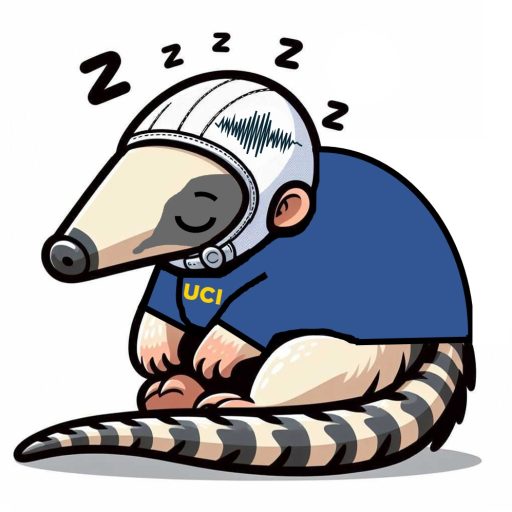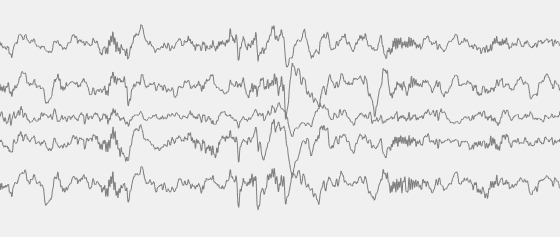
Although humans spend about a third of their lives asleep, comprehensively understanding the functions of sleep is a supreme challenge. Sleep is sometimes assumed to be a period in which our brains are idle and inactive; however, this is hardly the case. Sleep has been linked to neural development, immune function, endocrine function, clearance of Alzheimer-related proteins from the cerebrospinal fluid, and emotion regulation. Yet, memory consolidation is arguably the most extensively studied function of sleep. Sleep’s benefit to memory is putatively achieved through memory reactivation. The activation of the neural traces supporting specific memories serves to mold cortical memory networks based on associations between the hippocampus and the cortex, which were established during encoding. In rodents, the sequential activity of hippocampal neurons while learning (e.g., to navigate an arm of a maze) is repeated during sleep. This “offline” replay is linked to consolidation, but how this phenomenon explains human memory consolidation remains unclear.

The Cognitive Neuroscience of Sleep lab (or CogNoS for short) uses neuroimaging, behavioral manipulations, and computational methods to explore memory reactivation during sleep, which broadly impacts cognition, emotion, and health. Exploring the mechanisms through which sleep shapes human behavior requires a multi-disciplinary approach, combining neuroscientific, psychological, and computational methods. Our lab combines novel techniques to selectively bias memory reactivation; machine-learning algorithms to decipher memory-related content from neural data; and neuroscientific methods for monitoring brain connectivity and rhythms in different regions and timescales. Using this state-of-the-art methodological framework, the lab hopes to reveal the neural infrastructure through which sleep transforms memories, and how these dynamics may be harnessed for improving wellbeing in healthy and clinical populations.
A mechanistic understanding of the outcomes of memory reactivation requires tools for causal manipulation of offline memory processing in humans. The CogNoS lab uses unobtrusive stimulus presentation during sleep to selectively bias reactivation, a technique termed targeted memory reactivation. Using this technique, we have demonstrated that sleep reactivation capacity is larger than previously assumed, by showing that multiple memories can be reactivated simultaneously as effectively as a single memory. More recent work, using targeted reactivation with multivariate pattern analyses, showed that the context in which memories were originally encoded is reinstated during sleep, and that this reinstatement impacts other contextually linked memories. Targeted memory reactivation, used primarily for basic scientific research, may also be translatable for improving wellbeing outside the lab. We have used it to selectively weaken memories during sleep in a lab setting, paving the way for treatments for memory-based disorders such as post-traumatic stress disorder.
The lab is recruiting new talent!
To learn more, visit this page.